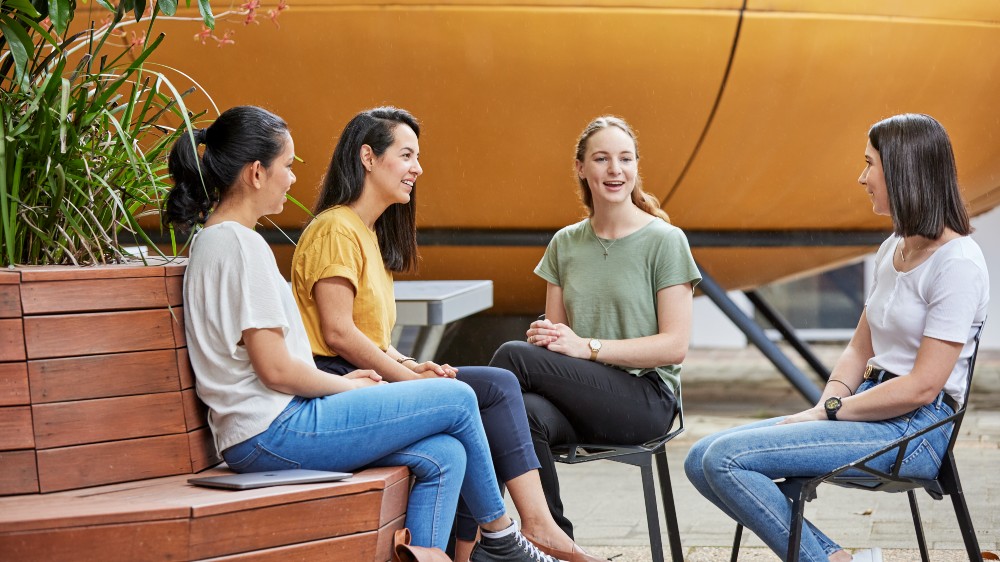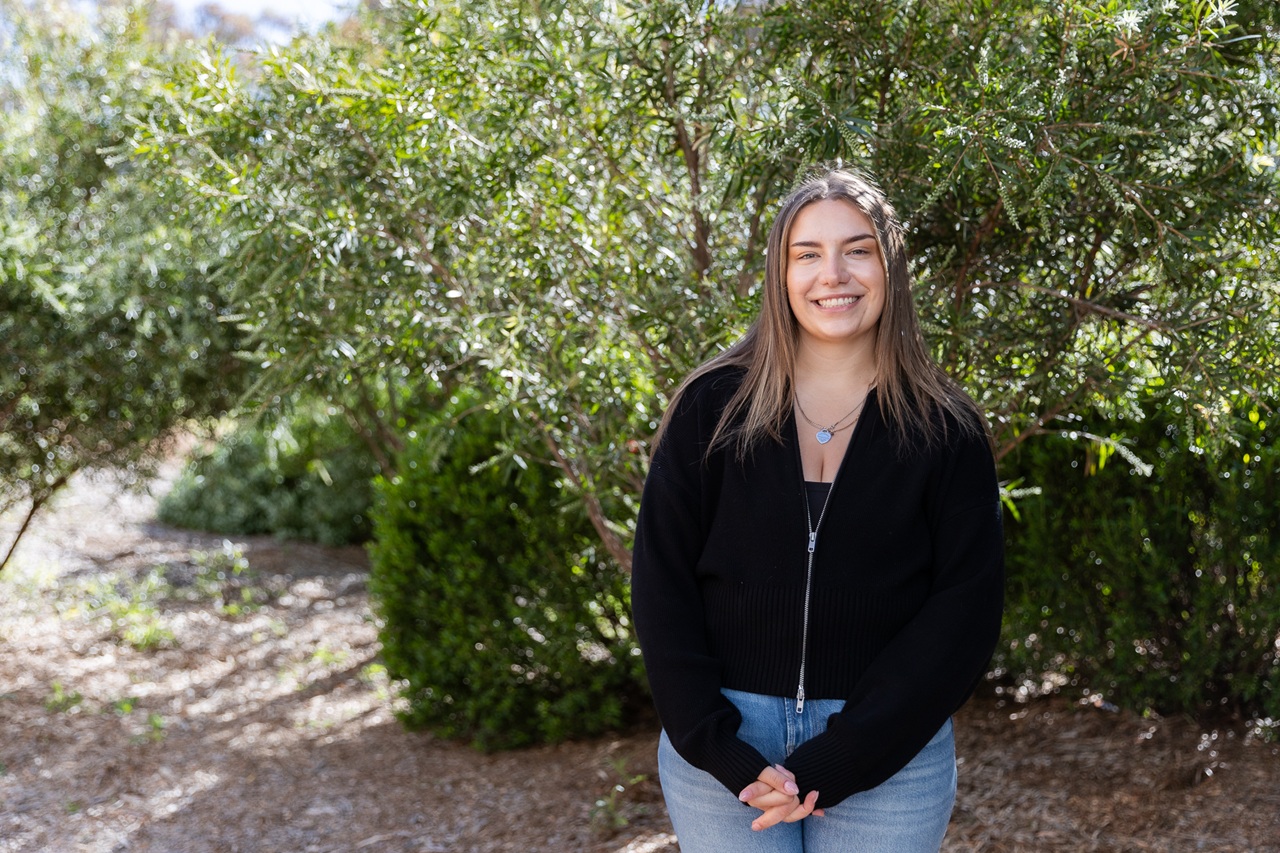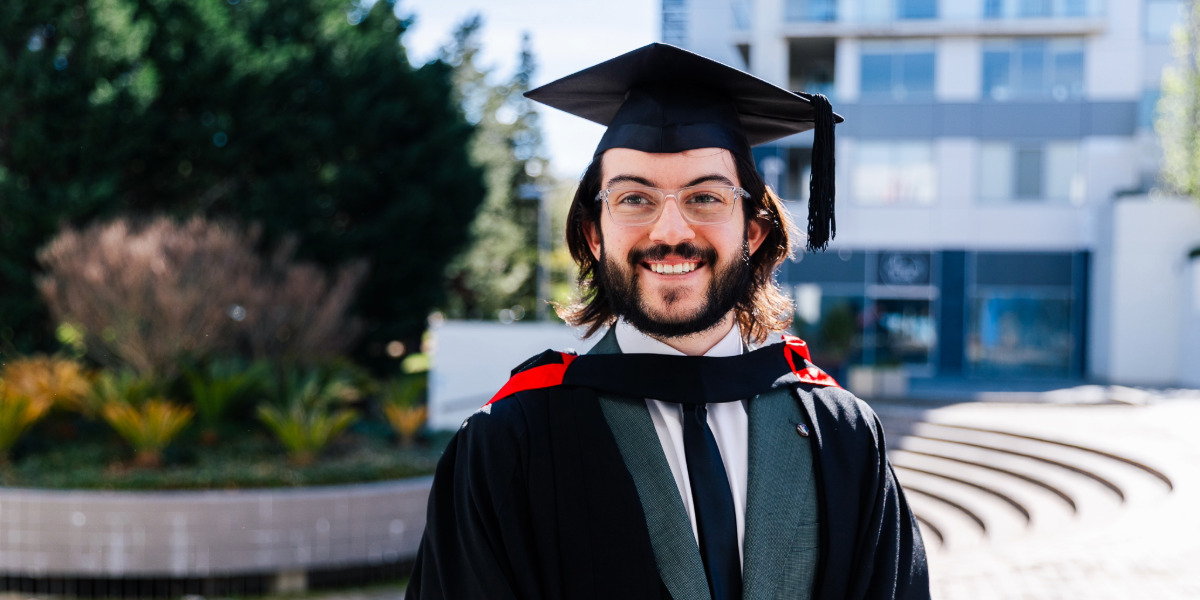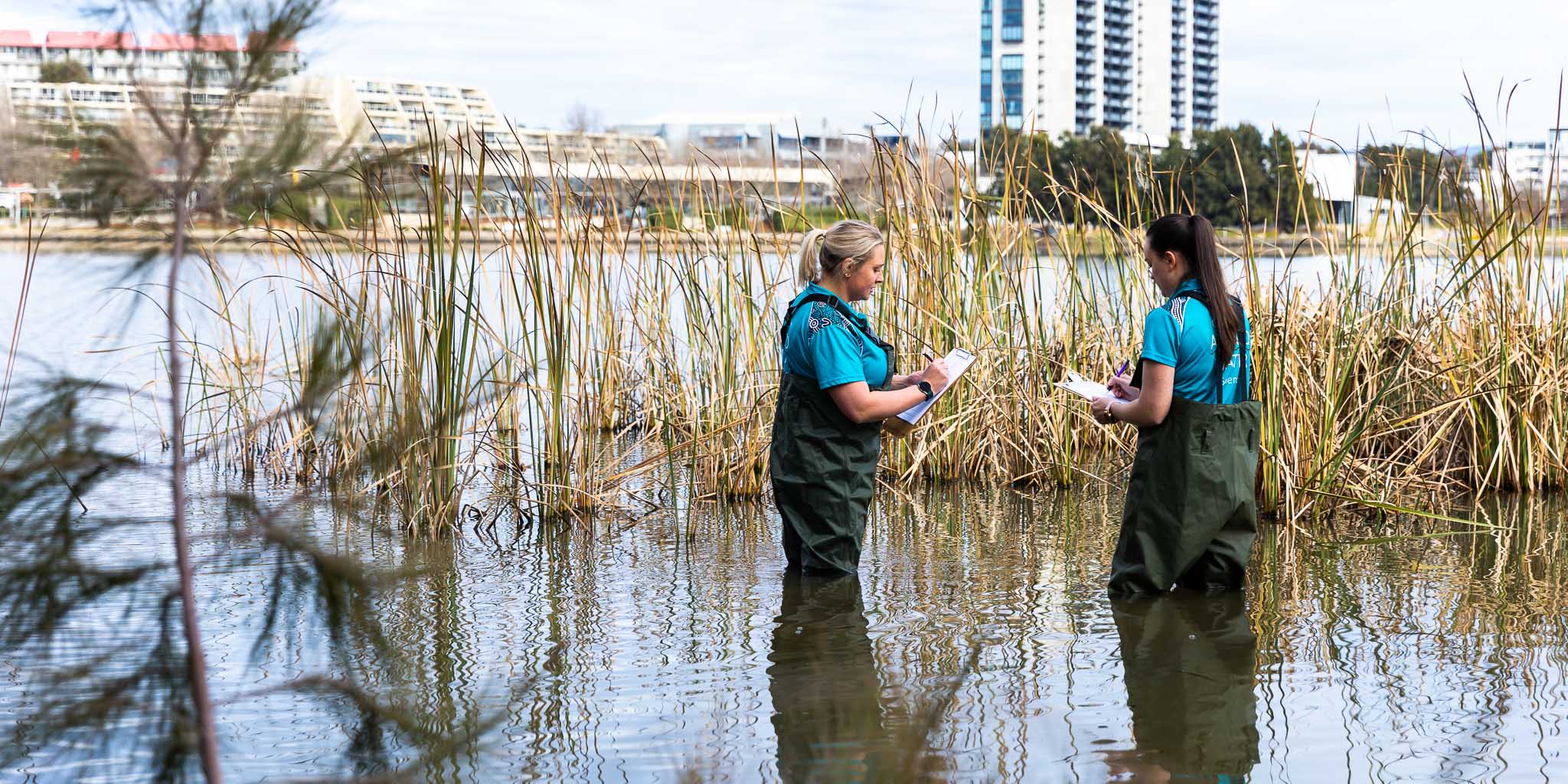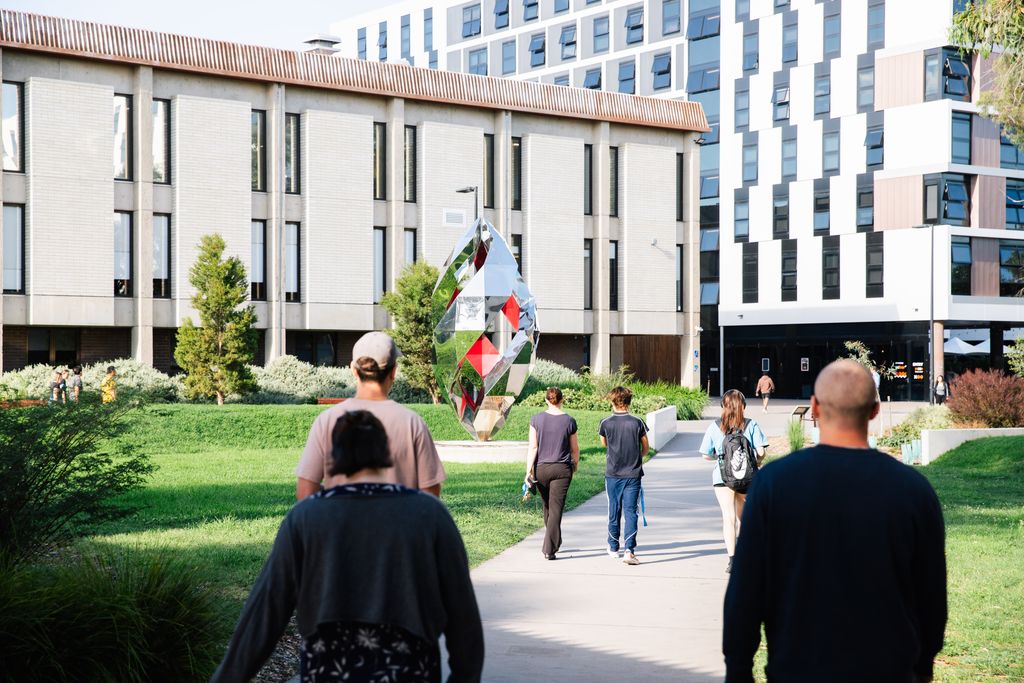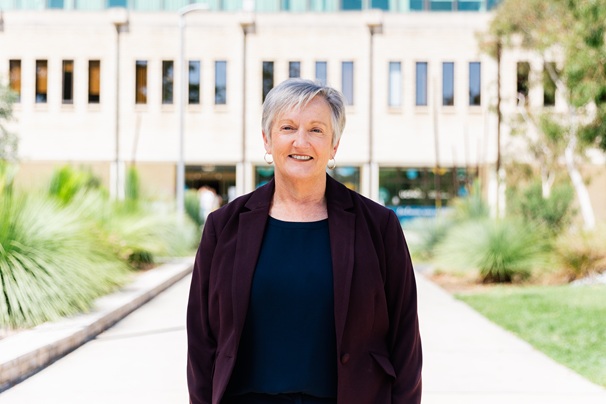High school or college students ready to begin their uni journey.
Those who took a work or travel break before starting at uni.
Students looking to complete a postgraduate qualification.
Students from all corners of the world, or even onshore.
#1 in Canberra for graduate employment
(GUG, 2025)
Top 10 for reducing inequalities
(THE Impact Rankings, 2024)
#1 in Canberra for skill development
(GUG, 2025)
Eleanor Coleman is embracing the chaos of working and studying full time - all with the hope of becoming an advocate for those most in need.
Growing up in regional NSW, Max saw the passion and intensity of nursing at a young age, forging his own path to the discipline through the University of Canberra.
Memories and well wishes abound, in conjunction with the Institute for Applied Ecology's 20th anniversary.
The University of Canberra is proud to celebrate 17 of its finest community members who have been recognised in this year’s Australia Day Honours list.
The University of Canberra’s renewed research portfolio position the institution for research excellence in the years ahead.
Research from the University of Canberra and DroneShield reveals growing cyber vulnerabilities for Australian critical infrastructure providers
